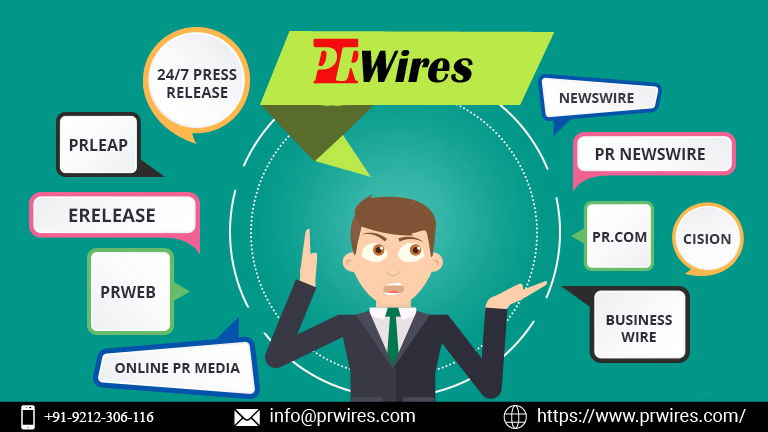Political Communication The Influence of Media on Public Attitude
In conclusion, the media wields significant influence over public opinion and political messaging. Through various channels and techniques, the media shapes how individuals perceive and interpret political events, candidates, and policies. As technology continues to advance, ethical considerations and responsible reporting become increasingly vital to ensure a healthy and informed democratic discourse.
Political Messaging: Media's Impact on Public Opinion
In today's digital age, the media plays a pivotal role in shaping public opinion and influencing political messaging. The way information is presented and disseminated through various media channels can significantly impact how people perceive political issues, candidates, and policies. This article aims to explore the power of media in shaping public opinion and the implications it has on the political landscape.
Understanding Political Messaging
Defining Political Messaging
Political messaging refers to the strategic use of language, visuals, and communication techniques to convey a specific political agenda or persuade the public on particular issues. It involves crafting messages that resonate with the target audience and elicit desired emotional responses or behavioral changes.
Importance of Effective Political Messaging
Effective political messaging is crucial for political candidates and parties as it helps shape public opinion, build support, and influence voting behaviors. A well-crafted political message can inspire and mobilize supporters, differentiate a candidate from their opponents, and ultimately sway public sentiment.
The Role of Media in Politics
Media as a Communication Channel
The media serves as a primary channel through which political messages are conveyed to the masses. It encompasses traditional forms of media such as television, radio, newspapers, and magazines, as well as newer digital platforms like social media, online news portals, and podcasts.
Media Bias and Its Impact
Media bias refers to the inherent or perceived inclination of media outlets to favor particular political ideologies or interests. Biased reporting can influence public opinion by selectively presenting information that supports a particular narrative while downplaying or omitting opposing viewpoints.
News Framing and Agenda Setting
Media organizations have the power to shape public opinion by framing news stories and setting the agenda for political discourse. The selection of topics, language used, and presentation style can influence how the public understands and interprets political events and issues.
Media's Influence on Public Opinion
Cognitive Bias and Selective Exposure
People are prone to cognitive biases, which can affect how they perceive and interpret information presented by the media. Selective exposure, where individuals seek out media sources that align with their existing beliefs and values, further reinforces these biases and can lead to echo chambers and polarization.
Media Effects on Attitudes and Beliefs
Numerous studies have shown that media exposure can shape public attitudes and beliefs on political issues. The tone, framing, and repetition of messages can influence public opinion, sway undecided voters, and even alter long-held beliefs.
Media's Role in Shaping Political Identities
Media plays a vital role in shaping political identities by providing narratives and symbols that individuals adopt and identify with. Political affiliations and ideologies can be reinforced or challenged through media representations, contributing to the formation of social and political identities.
Political Campaigns and Media Strategies
Utilizing Mass Media for Campaigns
Political campaigns heavily rely on mass media to reach a broad audience and convey their messages effectively. Television commercials, radio advertisements, and print media are often utilized to create awareness, build candidate recognition, and promote key campaign promises.
The Rise of Social Media in Politics
In recent years, social media platforms have emerged as powerful tools for political messaging. Candidates and political parties utilize social media to engage directly with voters, mobilize support, and shape public opinion in real-time. The viral nature of social media can significantly amplify political messages and influence online conversations.
Leveraging Data Analytics for Targeted Messaging
Advancements in data analytics have enabled political campaigns to micro-target specific demographics with tailored messages. By analyzing vast amounts of user data, campaigns can identify and reach individuals with precision, optimizing their messaging strategies for maximum impact.
Ethical Considerations in Political Messaging
Media Responsibility and Accountability
Media organizations have a responsibility to provide accurate, fair, and unbiased information to the public. Upholding journalistic integrity and ensuring ethical reporting practices are essential for maintaining trust and credibility in political messaging.
Fake News and Misinformation
The proliferation of fake news and misinformation poses a significant challenge to the integrity of political messaging. Misleading or false information can easily spread through social media and other online platforms, shaping public opinion based on inaccuracies or deliberate manipulation.
Balancing Objectivity and Advocacy
Media outlets often face the challenge of balancing objectivity and advocacy in political reporting. Striking the right balance is crucial to provide comprehensive and unbiased coverage while allowing for critical analysis and holding political actors accountable.
The Future of Political Messaging
Evolving Media Landscape
The media landscape continues to evolve rapidly with technological advancements. As new platforms and mediums emerge, political messaging strategies will need to adapt to reach and engage audiences effectively.
Emerging Technologies and Their Impact
Emerging technologies such as artificial intelligence, virtual reality, and augmented reality have the potential to revolutionize political messaging. These technologies offer innovative ways to convey political narratives and immerse audiences in interactive and immersive experiences.
Citizen Journalism and Alternative Media
The rise of citizen journalism and alternative media platforms has diversified the sources of political information. Independent voices and grassroots movements now have the ability to challenge mainstream narratives and provide alternative perspectives on political issues.
What's Your Reaction?


















.jpg)
.jpg)